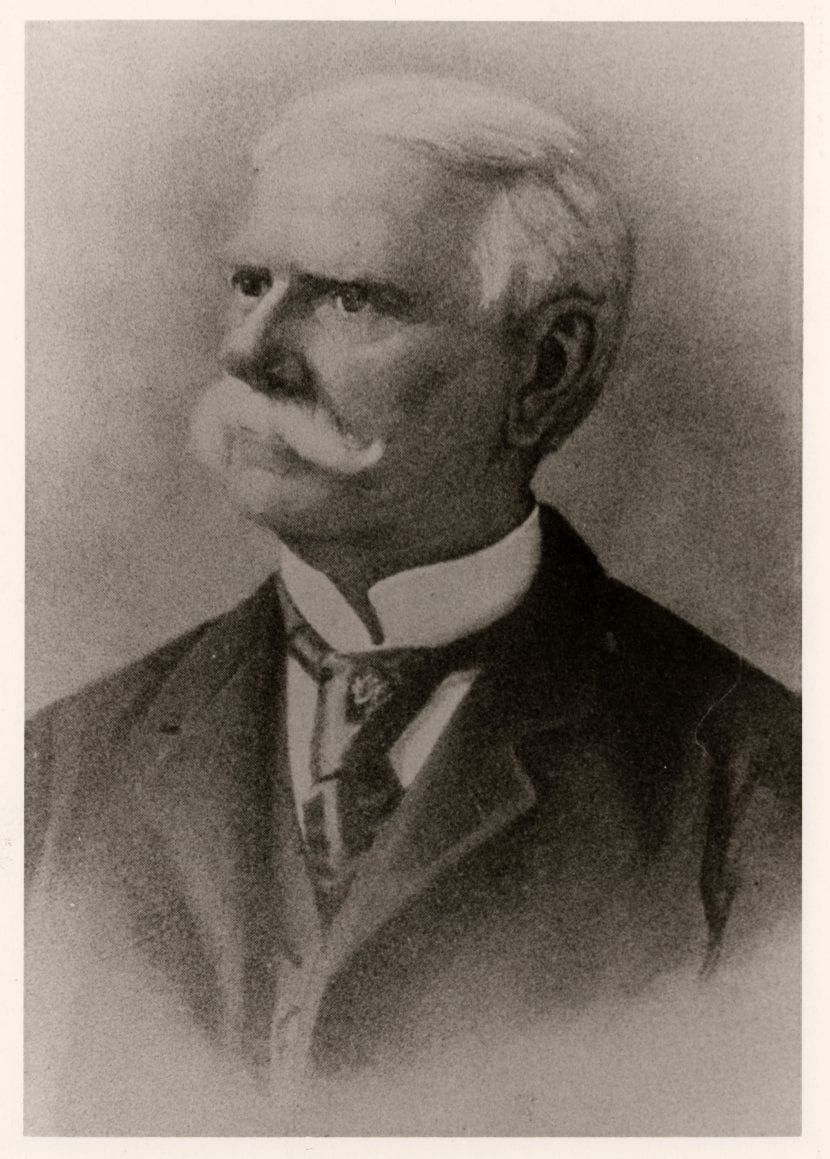To celebrate the inauguration of Kim Schatzel as Towson University’s 14th leader, we are looking back at the past leaders of the school. These essays are from a book we helped craft, Towson University: The First 150 Years.
At the end of a quarter of a century, the longest term of any principal or president in the University’s first 150 years, the State Board of Education elected to bring in a new leader for MSNS. Enrollment had grown steadily and the school had achieved a solid reputation for educating capable teachers for Maryland’s schools. The job of the next prinicpal, Elijah Barrett Prettyman, would be to continue that progress.
Although he took a firm grip on the role of principal, his background did not predict that he would fit the position created by Newell. Born in 1830 in Williamsport, Pennsylvania, Prettyman graduated from Dickenson College in 1848 and later received a Doctor of Laws degree from the same institution. His first job was to head a school in West River, MD. He then moved to a similar position in Brookville, MD in 1852. At that point he left the field of education. He was elected Clerk of the Circuit Court of Montgomery County, Prettyman moved to become Chief Clerk of the Maryland House of Representatives and then to become Deputy Naval Officer of the Port of Baltimore. It was from that last position that he became the successor to Newell.
Prettyman was unusual in his selection because his experience was outside education, which the Maryland State Board of Education saw as a boon rather than a hindrance. For years, Newell’s influence over education in the entire state of Maryland had been a concern, so an outsider was considered desirable. Nevertheless, Prettyman presided over a fifteen-year period of steady growth. He increased the number of courses offered beyond those in education to include more English, History, Geography, Physics, Chemistry, and Mathematics. Prettyman insisted that the principal’s office be separated from the position of State Superintendent of Education to give him more time to focus on the needs of the school. While his term as principal was not without controversy — some felt the school had become stagnant and ultimately his term ended with concern’s about the school’s budget — Prettyman put his own mark on Towson’s history.
